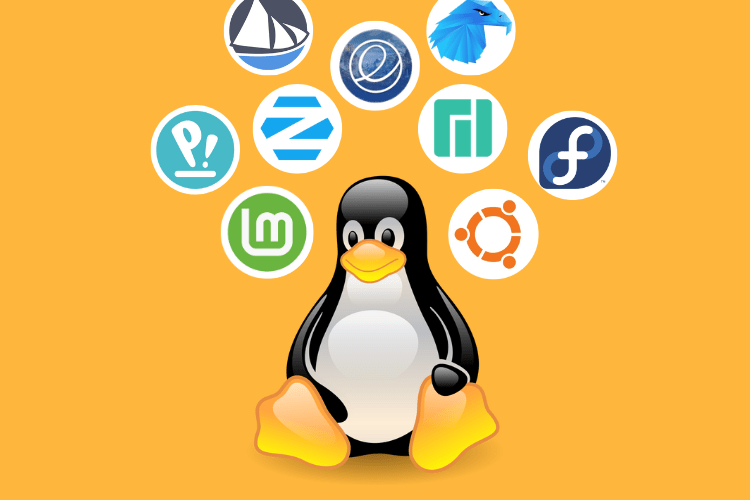
Discuss the increasing trend of remote support services and how they benefit Linux users, especially in the context of a growing remote workforce.
In the ever-evolving landscape of Information Technology (IT), one trend stands out as a game-changer – Remote Linux Support. As organizations increasingly embrace Linux-based systems for their reliability and performance, the need for efficient support services becomes paramount. In this blog, we will explore why remote Linux support is emerging as the future of IT assistance and how it benefits businesses and IT professionals alike.

1. #Flexibility and Accessibility
One of the primary advantages of remote Linux support is the flexibility it offers. IT professionals can provide assistance from anywhere in the world, transcending geographical boundaries. This flexibility is particularly crucial in a globalized world where teams may be dispersed across different locations. It ensures that support is available when and where it’s needed, minimizing downtime and maximizing productivity.
2. #Cost-Effectiveness
Remote Linux support significantly cuts down on costs associated with traditional on-site support. Travel expenses, accommodation, and time lost in transit are eliminated. Businesses, especially smaller ones with budget constraints, find remote support to be a cost-effective solution that doesn’t compromise the quality of assistance. This cost efficiency allows organizations to allocate resources more strategically, investing in other critical areas of their IT infrastructure.
3. #Real-Time Issue Resolution
The beauty of remote support lies in its real-time capabilities. IT professionals can troubleshoot and resolve issues promptly without the need for physical presence. This agility is invaluable in addressing critical problems swiftly, preventing potential disruptions to business operations. Whether it’s debugging code, resolving system errors, or implementing updates, real-time support ensures a seamless IT environment.
4. #Enhanced Security Measures
Security is a top concern for any organization, and remote Linux support doesn’t compromise on this front. Advanced encryption protocols and secure communication channels are employed to ensure the confidentiality and integrity of sensitive information. IT professionals can remotely access Linux systems with confidence, knowing that robust security measures are in place to protect both the client’s data and the support process itself.
5. #Efficient Collaboration Tools
Collaboration is streamlined through the use of efficient tools in remote Linux support. Video conferencing, screen sharing, and collaborative document editing enable IT professionals to work closely with clients, replicating the dynamic of an in-person interaction. These tools enhance communication and understanding, making it easier to diagnose issues, explain solutions, and provide training if necessary.
6. #24/7 Support Availability
The digital world operates around the clock, and so should IT support. Remote Linux support facilitates 24/7 assistance, ensuring that critical systems are monitored and issues are addressed promptly, regardless of the time zone. This round-the-clock availability is especially crucial for businesses with a global footprint, where daytime in one region corresponds to nighttime in another.
7. #Proactive Monitoring and Maintenance
Remote Linux support goes beyond reactive issue resolution; it embraces a proactive approach to IT management. IT professionals can remotely monitor systems, identify potential issues before they escalate, and implement preventive measures. This proactive monitoring and maintenance contribute to a more stable and reliable IT infrastructure, reducing the frequency and severity of disruptions.
In conclusion, remote Linux support is shaping the future of IT assistance by offering unparalleled flexibility, cost-effectiveness, real-time issue resolution, enhanced security, efficient collaboration, 24/7 availability, and proactive monitoring. As businesses continue to adopt Linux-based systems, the demand for remote support services is poised to grow. Embracing this trend not only ensures a seamless IT experience but also positions organizations to thrive in the dynamic and competitive digital landscape. #RemoteLinuxSupport #ITAssistance #FutureofIT #LinuxSolutions
STAY IN THE LOOP





